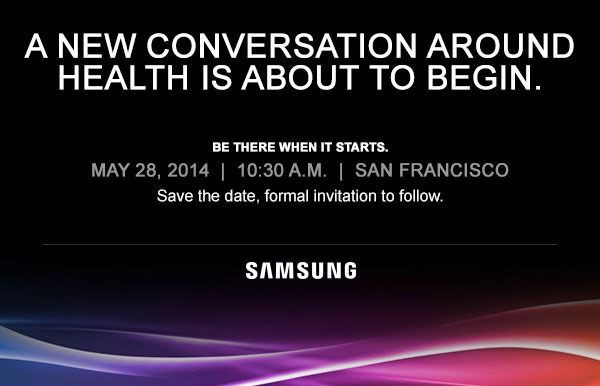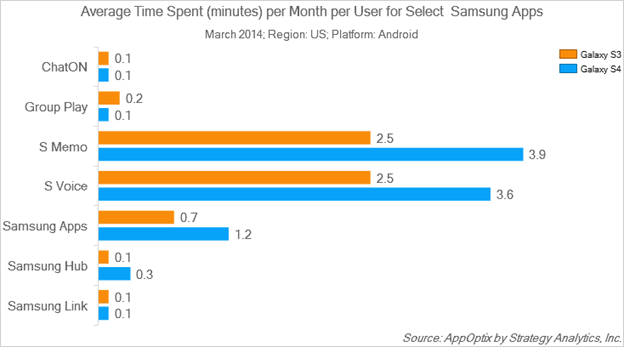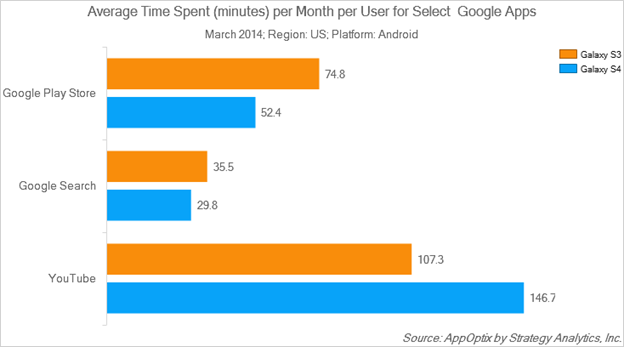Samsung Invites Media To Health Event Amid Reports That Consumers Don't Use Health Apps

In the battle for health-conscious customers, Samsung one-upped rival Apple on Friday by announcing a health-related event for May 28, just a few days before Apple’s annual World Wide Developers Conference, where Apple is expected to announce a health-related app presumably called Healthbook.
The “save the date” invitations that went out to media and industry watchers came from Samsung’s semiconductor department, suggesting the focus of the event will be a new sensor rather than a device. According to the invitation, "A new conversation around health is about to begin” -- but it gave few specifics.
While the tech rivals focus on each other, recent data suggest their attempts to corral consumer health might not find that many takers.
In a September 2012 study, the Pew Research Internet Project found that only 19 percent of smartphone owners had downloaded an app “specifically to track or manage health.” One in three people reported using their cell phones to look up health advice, with 52 percent of those people owning smartphones.
A year later, in September 2013, a study by AYTM Market Research found “an overwhelming 60.2 [percent] of users never used a health app and around 25 [percent] use them just from time to time.”
A year-over-year health focus may be on the rise among app consumers, but not significantly. Of the 40 percent of respondents who use health-centric apps, only 6.7 percent said they used them often, despite 32 percent of respondents saying they’re “very concerned with health.”

The report also said that among respondents who have used a health or fitness app, only 10 percent believe it had a big impact on their health.
Samsung should probably take note of these numbers -- especially considering a recent report by Strategy Analytics that showed that over a month’s time, Galaxy S3 and S4 users spend a total of only seven minutes on Samsung-branded apps. Compare that with the 11 hours users spend on Facebook, or the 64 minutes users spend on Google Play, Google’s version of the App Store.
Strategy Analytics gathered this data via the AppOptix tool, an opt-in panel of Samsung users.


While the apps that Strategy Analytics looked at were not health-related, missing the S-Health app completely, the numbers show that Samsung’s pre-installed apps are not generating real engagement with customers.
“Obviously, Samsung’s dominant position in the market is an ideal vehicle to drive own-branded content services across its installed base,” said Barry Gilbert, Strategy Analytics vice president. “But Samsung should develop a differentiated set of apps that will resonate with its key user base.”
Perhaps that’s what Samsung plans to do at the event later this month, trying to steal the spotlight from its biggest competitor: Gilbert noted that an iOS opt-in tracker is in the late stages of development and will be available soon.
© Copyright IBTimes 2025. All rights reserved.




















